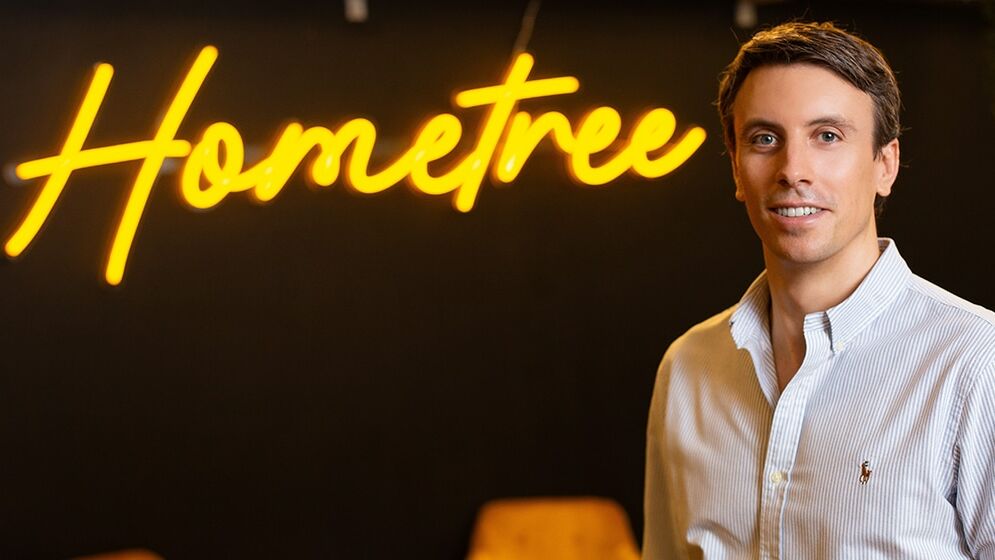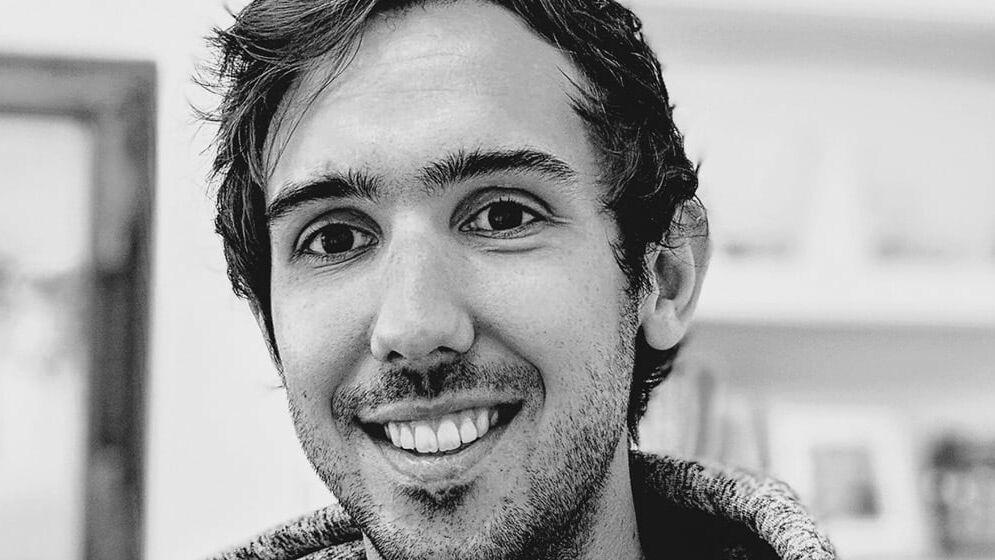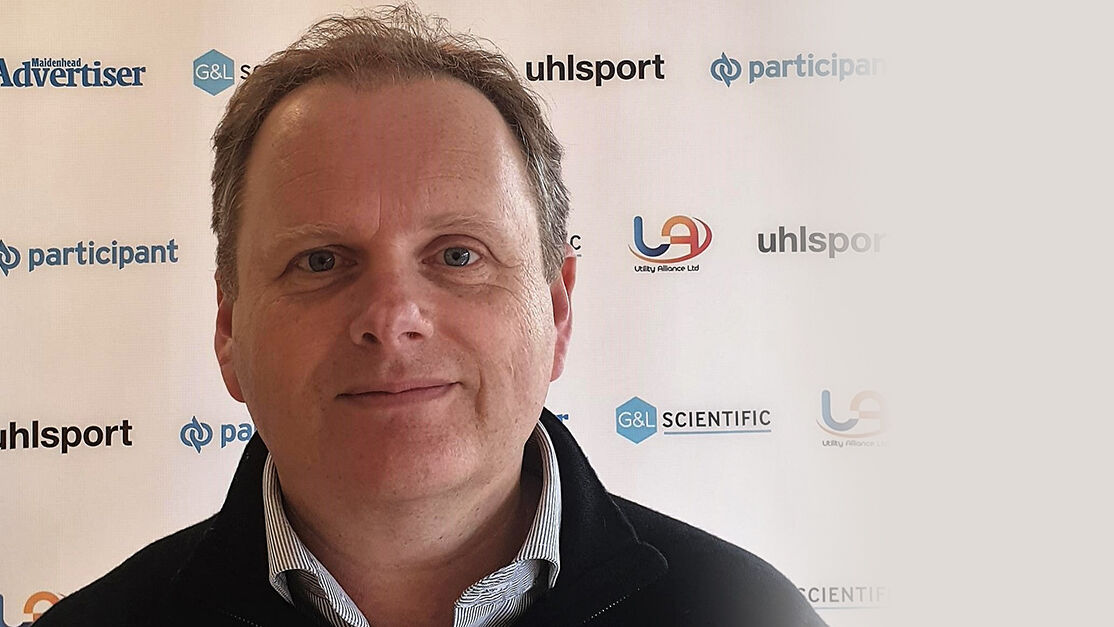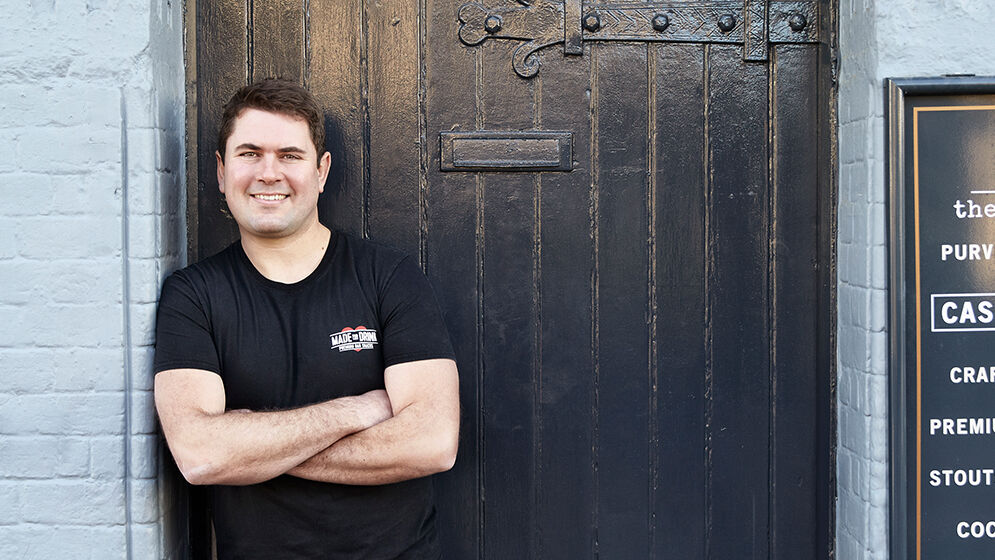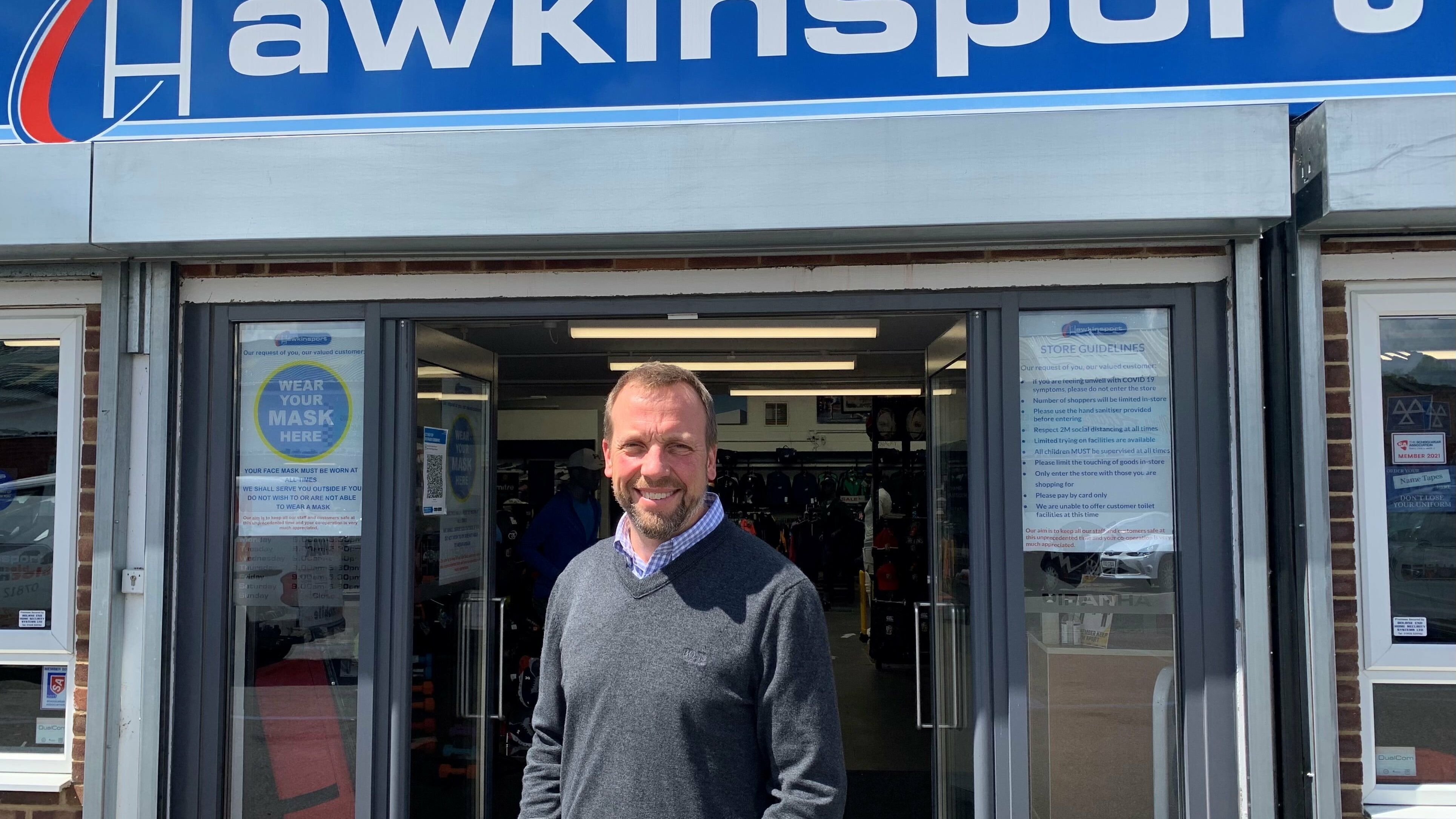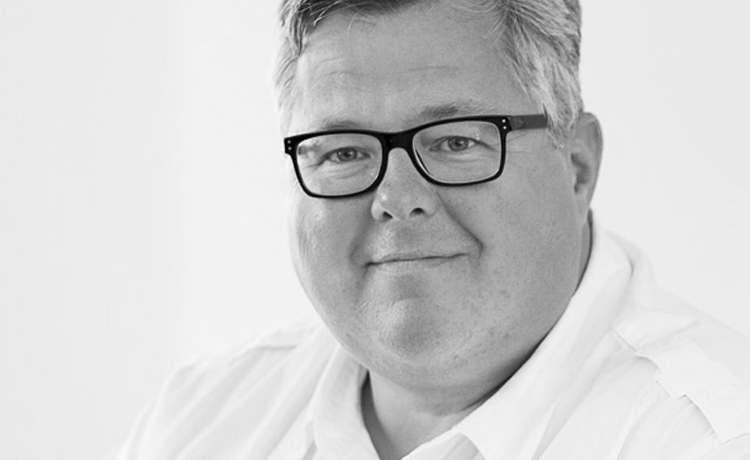
Russ Fowler – interview with the co-founder of The Sellex Co
Russ Fowler is one of the founders of Sellex. Sellex is a specialist consulting and software business with offices in London and Dubai, focused entirely on helping clients drive value through their customer base. Clients are typically global, blue chip FMCG businesses, and projects cover areas such as Revenue Management, Category Management, Salesforce Optimisation, and Sales Capability. Russ, and his co-founder, sold Sellex to McCurrach in 2015.
1. You talk about “helping clients win with their customers in order to create improved financial value” – what do you mean by “win with” and how is it achieved?
That’s our core proposition really, that’s what we do. Most of our clients are big consumer brands which have the challenge of dealing with the very big, powerful retailers between them and the end consumer. The way they get to the consumer is via the retailers so we really work with our clients to make sure that they are working effectively with the retailers to ensure the commercial relationship is cost effective and financially viable for both. The traditional retailers of Tesco, Sainsbury, Asda, etc have got a massive amount of pressure on them and the brands have got a lot of risk as well, so I would say it’s now much more collaborative than it has been. So that’s really what we mean by ‘winning with’ customers.
2. How important is it to have a process around business development?
I think it’s critical. The one thing we’ve learnt even more important than doing it, is keeping it really simple and the reason for that is if it’s not simple it’s not sustainable. We do have quite a well-honed business development process in our business but it is very uncomplicated. I think in the way we see the process, the primary thing is to recruit people with a natural disposition towards business development and then trust them, their skills and their network but having a simple structure in place I think just helps everybody in the business give it the right level of focus. Having forums where we talk about business development is really important as it gives people in the team an opportunity to share some of the problems they are having and perhaps learn from other people how they’ve unlocked similar opportunities in the past.
3. What does a world class business development process look like?
The key characteristic is that world class companies are ‘always on it’. As soon as you hear a company say “we talk about business development on the last Friday of the month” that immediately worries me. Good business development is people thinking about it all the time and it’s just weaved into their daily approach.
Another key in a great business development process, certainly in our world, is a combination of investing in relationships for the long terms as well as pitching for specific opportunities. What we are saying to our guys is you need to be out there thinking about who might be a client in the future and investing in that relationship. If you leave it until the moment an opportunity comes along it’s going to be too late to build the relationship. Having that combination of relationship building and pitching for specific opportunities, I think, is a characteristic of the best – definitely.
Measurement is also important so you know where you are and at any point in time and you can look at something and have a good idea whether your business development efforts are going well or going badly so you can adjust your approach accordingly. So I think that’s an important characteristic as well.
The most important thing of all though, in my opinion, is the skillset of your people and their ability to find the client’s need rather than necessarily telling them about all the great things we do. Building that skillset to be able to uncover the client’s needs is probably the single most important thing for us in our model.
4. Lots of businesses focus on winning new customers as the key to growing sales, and might sometimes neglect the additional value they can get from people already buying from them. What are your thoughts?
I couldn’t agree more – I think this is a constant challenge for us and I would agree it is quite easy when you win a client to switch from business development mode to delivery mode and you miss, or forget, about other opportunities as they come up. There is absolutely no doubt that selling to a client you’re working with is much easier than winning a new client. You have the constant contact, they trust you and you understand them.
One thing that we’ve started doing recently is something we call “Discovery Days” where we take clients that we’re working with and we book perhaps half a day with them and take them through a whole load of projects and initiatives that we’re doing with other clients in the hope it might stimulate some interest. We position it very much as a session of discovery, not a selling day. It’s just – “here’s some stuff you may be interested in” – and we found clients generally really engage in that and it has helped us uncover other opportunities in clients – so that’s something that’s helped us a lot.
5. What common mistakes do you see being made in the business development process?
There are a couple here, I’ve already touched on one – one real mistake which I think takes about a year to knock out of someone when they join us is the tendency to focus on selling the benefits of us, what we do and our products rather than investing their time in really understanding what the client’s needs are. I think that is a big mistake and in some ways the harder you sell what you’ve got the more reluctant the client is to buy it. I think clients buy when they feel that you’ve really understood what they’re trying to achieve and found a solution for them. That’s one thing we’re constantly working on to help our team with.
The other thing that I think, specifically for SME’s, is making the process too complex. With our business development process we’ve been down the route of looking at all kinds of cool CRM systems, having lots of meetings and lots of measures and tracking documents and we just tied ourselves up in knots and spent more time on the process than we did on the activity, so I think a real learning for us is keep it simple and sustainable.
6. As an expert in sales, how did you feel when you came to make one of the biggest sales of your life when selling your business to McCurrach in 2015?
Despite our expertise in sales, I think we were quite intimidated. We obviously didn’t have any experience of managing a trade sale and it was a potential opportunity that had major personal consequence. Fortunately we had some great advisers in Wilson Partners and our lawyers, Gordons Solicitors, who helped us through the process but I think in hindsight we were a bit naive about how difficult and stressful a process it was going to be. If you wind the clock back I’d definitely do it again, no question whatsoever.
7. What specifically would you do differently?
There’s a couple of things that I would look at doing differently with the benefit of hindsight. I’ve already mentioned we had great advisors, but I should have accepted their proposal for even more support to manage the sale process and leave us to focus more on our core business.There were times when I feel that I tried to keep myself too involved rather than let my advisers provide the support, especially at the peak times. There were a couple of periods at the beginning and end of the earn out period where we were really stretched to almost breaking point I believe accepting a bit more of Wilson Partners’ specialist support offered by their Corporate Finance team would have paid dividends.
I also feel I let the sale permeate into every corner of my life. There was hardly a day in that three year period when I didn’t need to do something related to it. If I was going again I would try and compartmentalise things a bit more. Maybe do something very mechanical like block out every Friday as a trade sale day and tell the buyer that they won’t get any response from me on any other day of the week because I would be focusing on driving the business forward. This is obviously important to them as well as to us because they are eventually going to own it.
8. What was the motivation for the sale? How did you know it was the ‘right’ time?
I’ll answer that question on two levels. The first one is for the business. I think the timing was really good and we had probably reached a stage in the business where were finding it difficult to break through a kind of glass ceiling. I think that by joining up with a bigger organisation it gives us lots of opportunities to leverage some of their expertise, their clients, their capital to invest in the development of our business, their people. I think that the private ownership that we had suited the business really well up to a point but I think going forward being owned by a bigger organisation with shareholders is going to allow it to grow at a greater rate than it has done in the past. So I think it was the right time for the business.
The second answer is on a personal level. If I’m really honest with you, it was an opportunity to get a good reward for 16 years of hard slog and my main motivator was trying to find some financial security and having the flexibility to do what I want to in the years to come. I think it’s good if you can synchronise both the business needs and the personal needs together. I think that’s when you’ve got a trade sale which really makes sense for all parties.
9. Did you do much to position the business ahead of the sale, in order to get a great deal?
Yes we did. I think the nature of our business, which is consultancy, is it can be seen as quite fragile because clients come and go as and when they need you. So for us, I think the key was to armour-plate the business a bit and make it as sustainable as possible. We did that by productising our offering much more and packaging up and branding the things that we’d been doing for years but perhaps didn’t quite have in a tangible form. So we spent a bit of time on that. We also worked hard to ensure that client relationships were shared right across the team and didn’t just sit with the owners of the business. I think when you’re selling any kind of professional services business the first thing the buyer is going to look at is how reliant are the client relationships on the owners of the business – so that’s something we drove a big change in.
We also invested some time and money in developing some new propositions and services that have got quite long term potential. We thought that would be attractive to any potential buyer.
And then of course the final thing is just like with any selling situation you’ve got to ensure that your prospective buyer understands and buys into all of those things, which again needs a major investment of effort to do that.
10. We talked about the time and effort the sale process takes up. Do you think you took your eye off the business and did the business suffer during that process or was it actually you that suffered by trying to do too much?
Yes I think it was the latter! I don’t think we took our eye off the business at all and our results would back that up, however if I am honest, I think my answer to the question is that we got through it by working harder, longer and more intensely than we ever had in our lives. There is no doubt it was a very big challenge and the extra pressure that the sale put on the business was massive, especially at key times. As I say it peaked at certain times of the process and during those times it was very, very full on. I honestly think we managed not to take our eye off the business but it took a monumental effort and one that I wouldn’t be in a rush to repeat!
11. And finally?
Selling a business that you’ve built up from scratch is undoubtedly a very satisfying process and it does deliver a good sense of achievement and also can make a big change of your life in terms of flexibility and options it gives you going forward. I’d wholeheartedly recommend it to anyone – just make sure you’ve got some great advisers to guide you through it and make sure you listen to them and take their full support!
Guide to selling your business
Your simple guide to helping you maximise the value in your business.
